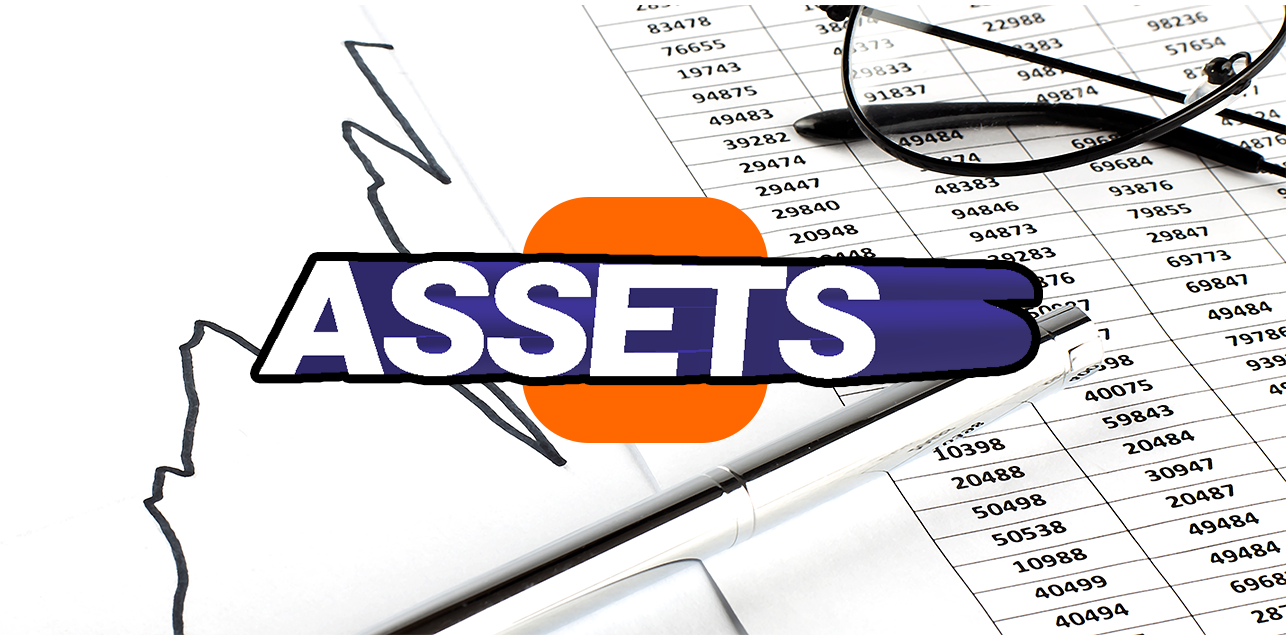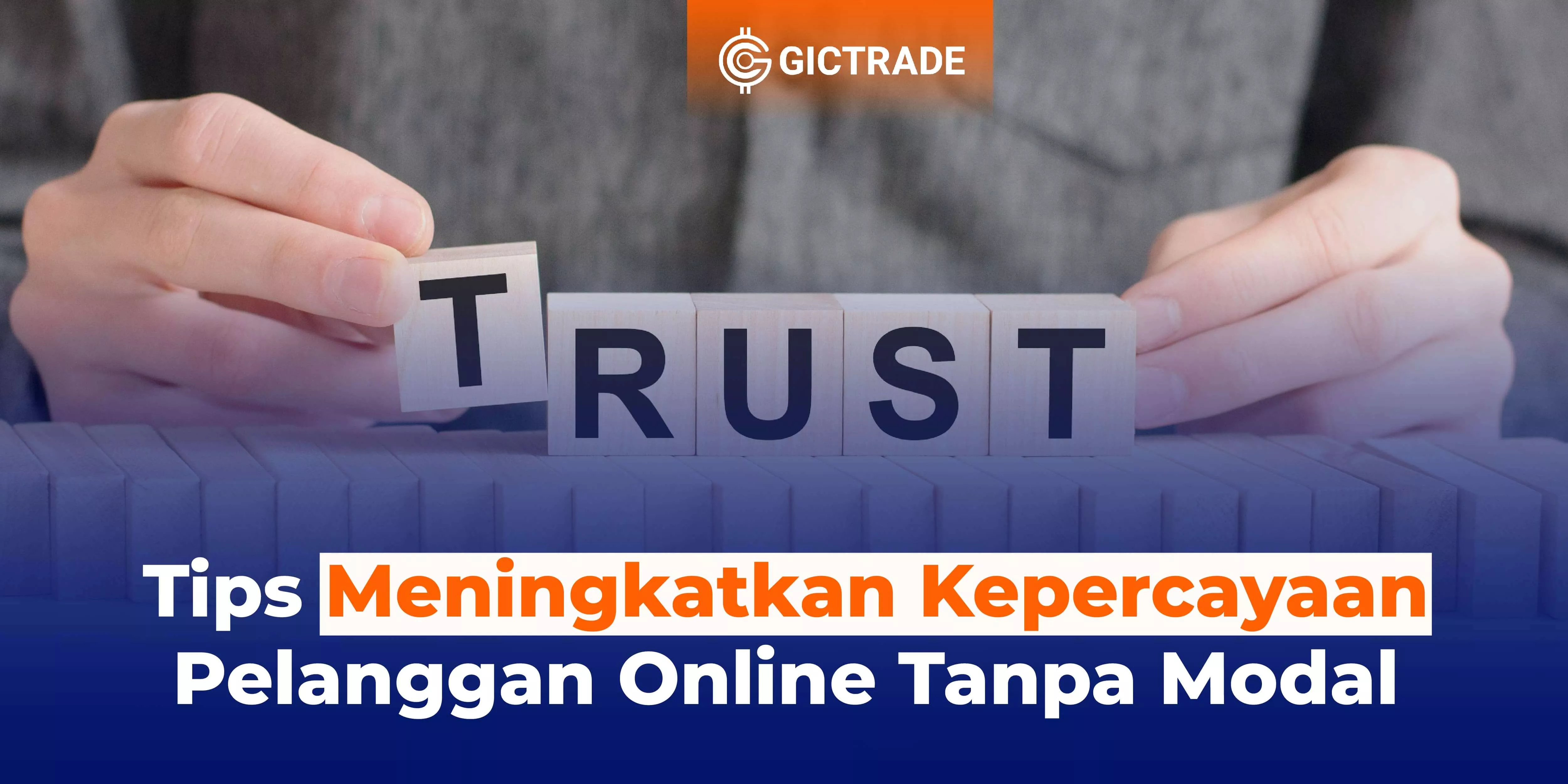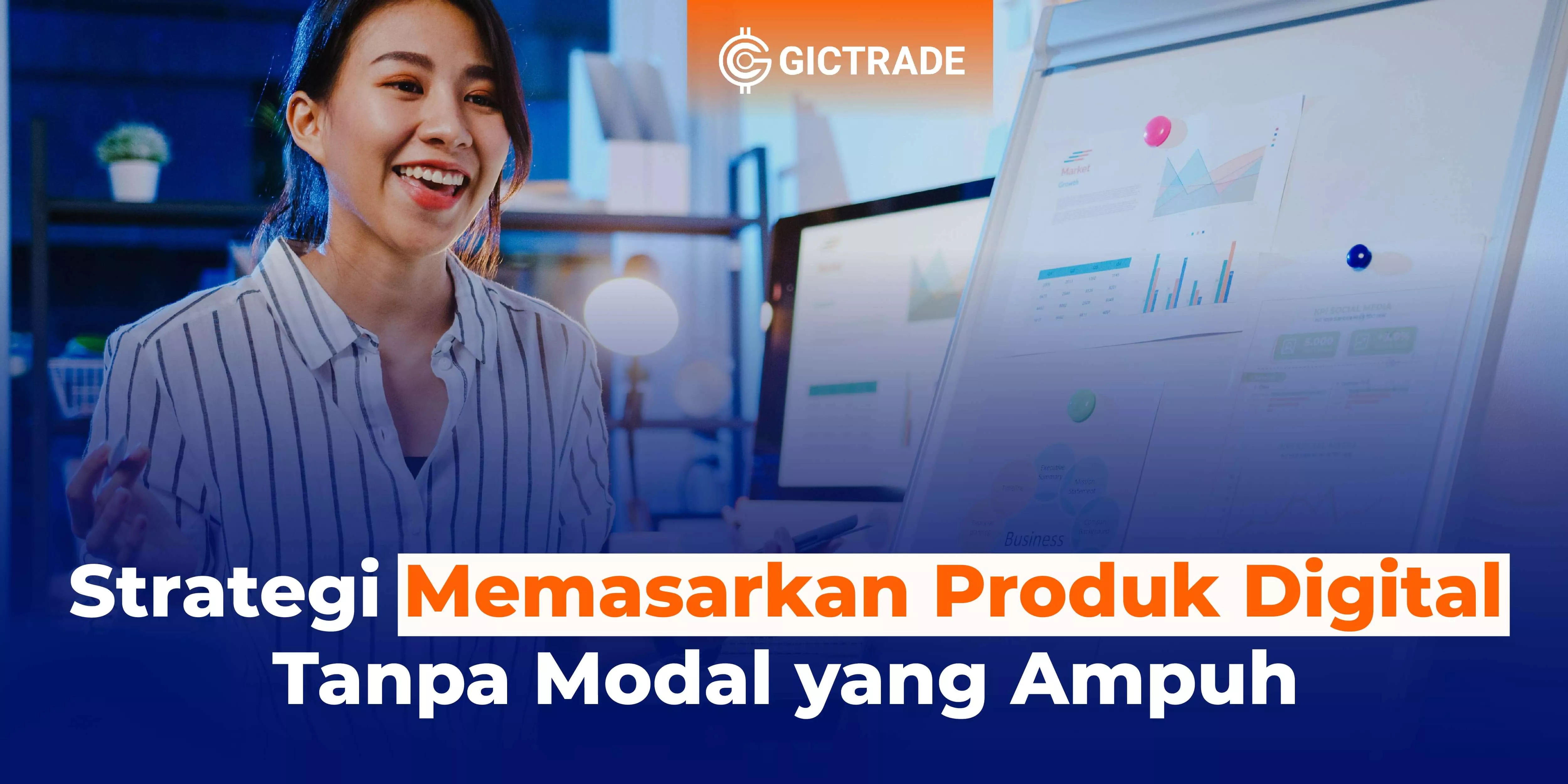Financial planners always advocate accumulating more assets than debt. Is it true that
assets are one of the indicators of a person's wealth?
What is asset?
Quoted from Investopedia, assets are anything of value or valuable resources that can be converted into cash. Assets or assets can be owned by anyone, both individuals, companies, and governments. For companies, assets can generate income, and usually companies will also benefit from owning or using these assets. Well, according to KBBI itself, the meaning of assets is capital or wealth or something that has an exchange rate. In a company, assets in accounting can be interpreted as all the wealth owned by the company. If concluded from some of the definitions above, the definition of assets in general is everything related to finance. Assets are also often referred to as assets. Still quoted from Investopedia, there are three characteristics or criteria of an asset that you need to know.
- Assets mean everything that contains economic value and future benefits.
- Assets will generate cash flow in the future.
- Assets personal can include houses, cars, investments, artwork, or household items. For companies, assets are listed on the balance sheet and are reduced by liabilities and equity.
What are the types of assets?
Basically,
assets are classified into two, namely current assets and non-current assets. The following is an explanation of each type of asset.
1. Current assets
Current assets are the most liquid type of asset or the quickest and easiest asset to convert into cash. Current assets have short cycles or turnaround and benefits. Well, because of its fast turnover, the benefits of current assets also run out quickly, but after they run out, they will usually be replaced by other assets or assets. Examples of current assets for individuals are cash and investments such as stocks or bonds.
2. Assets are not current
Non-current assets are assets that cannot be immediately disbursed into cash. Usually, this asset takes a relatively long time if you want to 'exchange' it for cash. Non-current assets themselves consist of two types, namely fixed assets and intangible assets. Here's the explanation.
- Fixed assets. Fixed assets are assets that have a physical form or form. These assets are also often referred to as tangible assets. This asset can be resold or disbursed into cash if the useful life of the asset has expired, is damaged, or because there are other problems. Examples of fixed assets are properties such as houses, shophouses, or land, vehicles, and gadgets.
- Intangible assets. Intangible assets are assets that are invisible or invisible physically but have value and benefits. Examples of intangible assets are building use rights and lease rights.
Choose assets that will benefit you in the future
Assets owned by individuals are certainly different from company assets, assets owned by a person are called personal assets. Assets themselves are usually used to calculate total net worth, now the way to calculate it is all assets owned minus all liabilities or debts. This is to find out which is greater, your assets or liabilities (debts). Simply put, total assets are the sum of current assets and fixed assets and intangible assets. The total assets of a company can usually be known in accounting through the balance sheet financial statements. Also try to make sure that the assets you have are 'productive' assets or assets that can be passive income instead of assets that actually make you wasteful, do asset management so that you know which ones are productive and which ones are not. What are some assets that will benefit you in the future and are easily liquid?
1. Property
The first
asset that will benefit you in the future is property. Property continues to increase every year except when the economy is sluggish or in recession. Examples of property investment can be in the form of houses that you can use as boarding houses, or shophouses that you can rent. Property is a real sector in developing countries, so it does not have much effect on inflation because it is more about expectations. Property is a real sector in developing countries that does not have too much influence on inflation because it is more about expectations. In other words, real
assets are able to protect finances against inflation. Property is indeed a quick and profitable investment, it's just that the capital required is quite large.
2. Gold
Gold or precious metals are one of the popular choices for the Indonesian people because they are liquid
assets or easy to sell or cash. It's just that investing in gold has risks, especially if you have a large amount of gold bars. Therefore, there is a
safe deposit box fee for its storage. During the COVID-19 pandemic, gold prices have tended to rise in recent times. So it is natural for gold to be called an asset. In addition, gold is a profitable asset for the future because of its long-term nature.
3. Fund
The next asset that you can have is mutual funds, one of these types of investments is suitable for those of you who don't want to be messed with price charts because your funds will be directly managed by an investment manager. There are four types of mutual funds, namely money market mutual funds, fixed income mutual funds, stock mutual funds, and mixed mutual funds. You can choose based on your investment objectives and risk profile. If you want to make short-term investments, you can choose money market mutual funds. The reason is that 100% of the assets will be channeled in short-term instruments such as Bank Indonesia Certificates (SBI) and bonds. This mutual fund investment is suitable if you have a conservative or moderate risk profile. Meanwhile, if you want a long-term investment, you can choose a stock mutual fund. As many as 80% of the assets of stock mutual funds will be invested in the company's stock instruments. This investment risk is relatively high, so it is suitable for those of you who have an aggressive risk profile.
4. Stock
The next profitable investment in 2021 is stocks. Stocks are one of the capital market products and are classified as long-term investment products. There are two main advantages of investing in stocks, namely dividends and capital gains. Dividends are profits that a public company or Tbk distributes to investors or shareholders. Capital gain is the profit from the difference between the selling price and the buying price of a stock. As a profitable investment for the future, stocks also have several risks such as:
- Capital loss is a loss from the difference between the selling price and the purchase price of a stock, the opposite of capital gain.
- Liquidity risk is a condition when a public company is declared bankrupt by the Court and then dissolved and its assets are sold to pay all obligations. If there is a leftover, the shareholder is entitled to the remaining sale.
5. Term savings
If property, gold, mutual funds, and stocks are too difficult for you to own. You can try to have assets that may be easier for you to accumulate through term savings. Term savings are one of the profitable investments for beginners or people who are just starting to invest. This profitable asset for the future has a greater interest rate than ordinary savings. The interest range is around 3 to 4 percent per year, still inferior to deposit interest which averages 5 percent per year or more. The lack of risk from term savings makes it a profitable
asset for the future. So you don't have to worry about experiencing losses such as investing in stocks whose price per share goes up and down.
6. Digital assets
Ever heard of digital assets? Quoted from Kompas, digital assets are
assets whose scope is not only limited to money, but also has emotional value, personal and confidential. Concrete examples of digital assets such as social media accounts, blog domains or IDs to access online games. Meanwhile, in the financial sector, digital assets are usually referred to as tradable
assets such as gold tokens that can be traded or called crypto
assets (
cryptocurrencies). Even though cryptocurrency investment is trending and many people make profits up to 1000% more, you still have to be careful because this investment is very volatile.
Want to multiply your assets?
Multiply your current assets by investing in forex. Start by choosing the right investment place, safe, and comfortable. Not familiar with GIC? Let's get acquainted. Unlike other conventional brokerage firms, GIC through the GICTrade platform provides a solution for traders who do not want to be charged with high trading fees. GICTrade is a peer-to-peer trading platform that brings together traders and market makers. So, what is special about GICTrade? As a platform that brings together traders and market makers, you as a potential customer can certainly choose between the two, namely becoming a trader or a market marker. GICTrade's role as a transaction venue provider can minimize costs and help maximize profits for traders and market makers as well as create a fair transaction atmosphere and results. Traders will benefit from the absence of commission fees and low swap fees and spreads due to the presence of market makers as liquidity providers. You can also join the trader community on GICtrade's Telegram to ask your fellow traders directly about their trading experience. Also follow GIC's Instagram to get webinar information and various attractive prizes. In addition, on YouTube GIC, traders can also learn to trade for free! What are you waiting for? Get more features that fully support you to start investing and trading forex through GIC. Make transactions simpler, safer, and more profitable. Start by creating a demo account.
 Last:
Last: 







